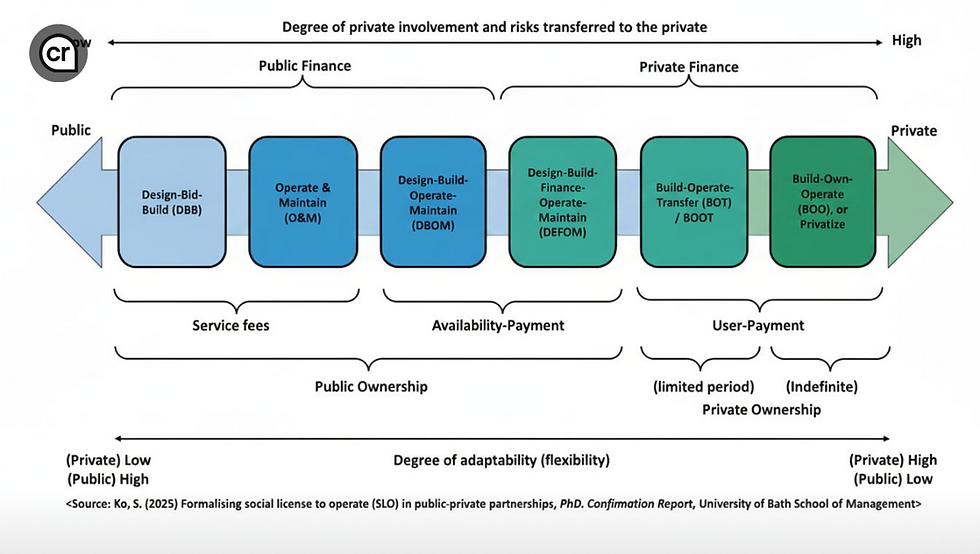The Role of Sector Financing Strategies in Targeting Finance and Raising Funds in the Water and Sanitation Sector
- bluechain

- Nov 5, 2024
- 3 min read
Updated: Nov 21, 2024

Achieving universal access to safe water and sanitation requires a sophisticated approach to financing, one that not only addresses current sector gaps but also anticipates future needs. In recent years, Bluechain Consulting has pioneered work in this area, supporting various countries in developing comprehensive WASH financing strategies. Examples include Zimbabwe’s “Climate Resilient WASH Finance Strategy,” and Tanzania’s “National WASH Resource Mobilisation Strategy,” designed to maximise resource generation and mobilisation. These efforts showcase how targeted financing strategies can elevate the WASH sector’s ability to attract funds, strengthen governance, and make a compelling case for sustained investment from public, private, and international stakeholders.
A robust WASH financing strategy starts with a critical assessment of the finance gap in the sector. This gap assessment typically covers a long planning period, providing an accurate view of the funding required to reach national and international WASH goals. By calculating current and projected needs against available resources, stakeholders can identify the shortfall and assess the urgency for action. This clear understanding of the financial gap lays the groundwork for identifying potential funding sources, creating a roadmap to bridge this gap through targeted interventions. This assessment step is critical in making the sector’s financing needs transparent and effectively communicating the scale of investment required.
Once the funding gap is clear, a financing strategy explores a range of options to bridge it. Key policy measures, such as tariff reforms, new levies, and public-private partnerships (PPPs), offer potential solutions for increasing revenue streams. Climate finance, loan guarantees, and concessional funding are also promising options that can be tailored to the needs of individual countries. A financing strategy must carefully balance these options to avoid overburdening low-income households while ensuring sustainable revenue generation. By diversifying funding sources and aligning them with national economic conditions, a well-rounded strategy provides the sector with resilience and adaptability.
Stakeholder engagement is another pillar of successful WASH financing strategies. The development of a strategy should involve a range of stakeholders, including Ministries of Water, Sanitation, and Finance, donors, service providers, and civil society. This inclusive approach fosters collective ownership and ensures that all parties are aligned with the strategy’s goals and policy recommendations. By engaging a broad array of stakeholders from the outset, countries create a solid foundation for collaboration, making it easier to implement complex reforms, attract donor support, and gain public backing for essential policies, such as tariff adjustments or new levies.
An effective financing strategy also emphasizes the importance of accountability and oversight. Establishing clear action plans and measurable indicators allows stakeholders to monitor progress, assess impacts, and make adjustments as needed. Regular reporting and transparency in implementation build trust among investors, partners, and the public, reinforcing the credibility of the sector. By tracking performance against set targets, a monitoring framework ensures that resources are used effectively and that the strategy remains adaptive to evolving needs and challenges. This process not only strengthens governance but also sends a powerful message to potential investors about the sector’s commitment to results.
In summary, a well-crafted WASH financing strategy serves as a cornerstone for advancing the water and sanitation sector. It provides a transparent framework for addressing funding needs, fosters collaboration among key players, and enhances the sector’s credibility. With the right balance of revenue sources and a clear commitment to transparency and accountability, WASH financing strategies help countries unlock new funds and make significant strides toward achieving universal access to water and sanitation services. Bluechain Consulting’s work across a number of countries in recent years exemplifies how tailored, inclusive, and well-monitored strategies can transform WASH financing, positioning nations to meet growing demands in a sustainable and resilient manner.




Comments